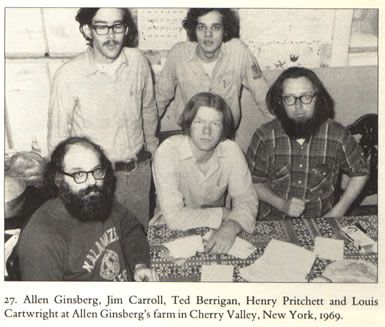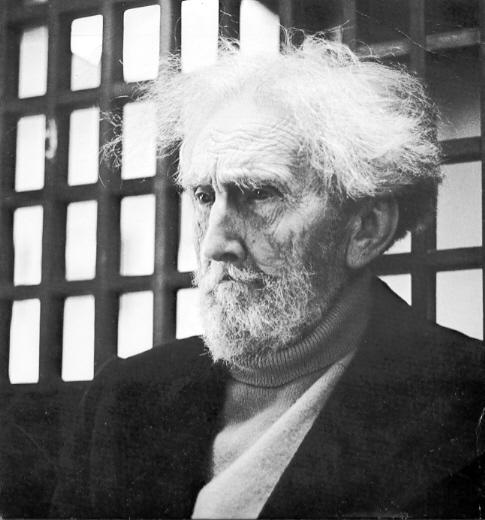Violet
Twilights
Violet
twilights I carry within me from my ancient past,
naked
virgins playing with galloping centaurs . . .
Yellow
sunshine days with bright glances,
only
sunbeams pay proper homage to a tender female body . . .
No
man has yet arrived, has ever been, will ever be . . .
A
man is a false mirror that the sun’s daughter hurls against the
cliffs in rage,
a
man is a lie, incomprehensible to pure children,
a
man is a rotten fruit rejected by proud lips.
Beautiful
sisters, come high up to the strongest rocks,
we
are all fighting women, heroines, horsewomen,
eyes
of innocence, brows of heaven, rosy faces,
heavy
breakers and soaring birds,
we
are the least expected and the darkest red,
tigerspots,
taut strings, fearless stars.
We Women
We women, we are so close to the brown earth.
We ask the cuckoo what he expects of spring,
we embrace the rugged fir tree,
we look in the sunset for signs & counsel.
Once I loved a man, he believed in nothing . . .
He came on a cold day with empty eyes,
he left on a heavy day with lost memories on his brow.
If my child does not live, it is his . . .
Violetta Skymningar
Violetta skymningar bär jag i mig ur min urtid,
nakna jungfrur lekande med galopperande centaurer . . .
Gula solskensdagar med granna blickar,
endast solstrålar hylla värdigt en ömsint kvinnokropp . . .
Mannen har icke kommit, har aldrig varit, skall aldrig bli . . .
Mannen är en falsk spegel den solens dotter vredgad kastar mot klippväggen,
mannen är en lögn, den vita barn ej förstå,
mannen är en skämd frukt den stolta läppar försmå.
Sköna systrar, kommen högt upp på de starkaste klipporna,
vi äro alla krigarinnor, hjältinnor, ryttarinnor,
oskuldsögon, himmelspannor, rosenlarver,
tunga bränningar och förflugna fåglar,
vi äro de minst väntade och de djupast röda,
tigerfläckar, spända strängar, stjärnor utan svindel.
Vi Kvinnor
Vi kvinnor, vi äro så nära den bruna jorden.
Vi fråga göken, vad han väntar av våren,
vi slå våra armar kring den kala furan,
vi forska i solnedgången efter tecken och råd.
Jag älskade en gång en man, han trodde på ingenting . . .
Han kom en kall dag med tomma ögon,
han gick en tung dag med glömska över pannan.
Om mitt barn icke lever, är det hans . . .












